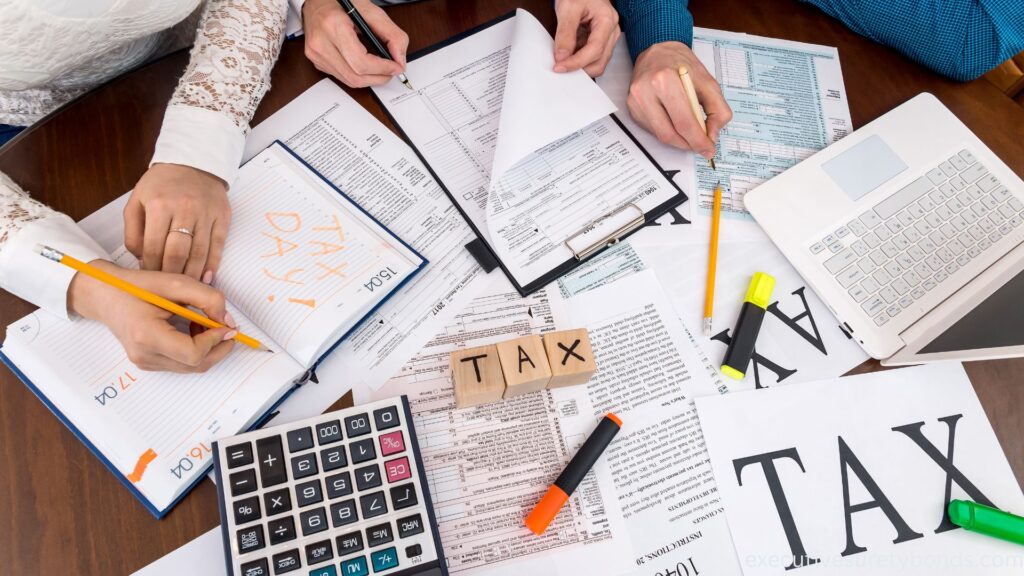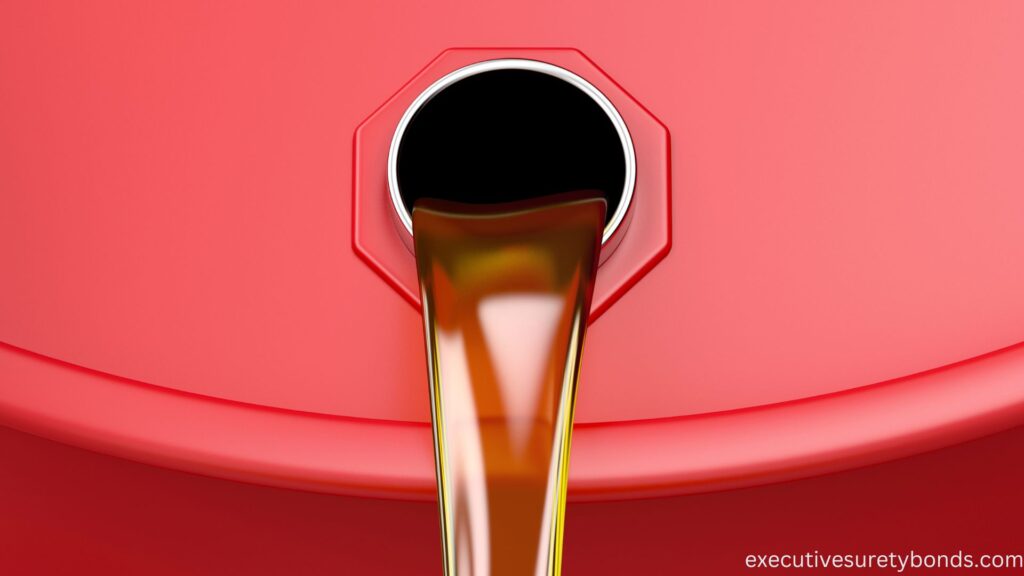Introduction
Have you ever wondered how the state funds important projects like building and maintaining roads, bridges, and highways? In Louisiana, a significant source of revenue for these endeavors comes from the Louisiana Motor Fuels Tax. Every time you fill up your vehicle with gas or diesel, a portion of what you pay goes towards this tax. To ensure that the tax is collected fairly and accurately, there’s something called the Special Fuel Retail Dealer Bond. In this article, we will explore what the Louisiana Motor Fuels Tax is, why it’s important, and how the Special Fuel Retail Dealer Bond plays a crucial role in this process.
Understanding the Louisiana Motor Fuels Tax
The Louisiana Motor Fuels Tax is a tax on motor fuels like diesel and other special fuels used for vehicles. This tax is applied to each gallon of special fuel sold in the state. The revenue generated from this tax is essential for funding transportation infrastructure projects.
What is a Special Fuel Retail Dealer Bond?
The Special Fuel Retail Dealer Bond is a financial guarantee required by the Louisiana Department of Revenue from retail dealers who sell special fuels. Retail dealers are the businesses responsible for selling these fuels to consumers at gas stations and retail outlets.
Why is it Required?
The requirement for a Special Fuel Retail Dealer Bond serves several crucial purposes:
- Tax Collection: It ensures that retail dealers correctly report and pay the Motor Fuels Tax to the state. This tax revenue is essential for funding road construction and maintenance, ensuring safe and efficient travel.
- Consumer Protection: The bond provides protection for consumers who purchase special fuels. It ensures that the fuel they buy is subject to the appropriate taxes and meets quality standards.
- Regulatory Compliance: Retail dealers must adhere to state laws and regulations regarding fuel sales. If they fail to do so, the bond can be used to cover fines and penalties.
How Does it Affect Retail Dealers and Drivers?
The presence of the Special Fuel Retail Dealer Bond affects both retail dealers and drivers:
- Retail Dealers: Retail dealers must obtain and maintain this bond as part of their legal obligations. It represents a financial commitment to ensure they comply with tax regulations and sell special fuels responsibly.
- Drivers: Drivers benefit from the funds generated through the Motor Fuels Tax, as it contributes to maintaining and improving the quality of Louisiana’s roads and highways, making travel safer and more efficient.
Conclusion
In conclusion, the Louisiana Motor Fuels Tax and the Special Fuel Retail Dealer Bond are critical components of Louisiana’s transportation infrastructure funding system. The next time you fill up your tank, remember that a portion of what you pay goes into keeping our roads in good condition. The Special Fuel Retail Dealer Bond ensures that retail dealers handle fuel transactions ethically and fairly, which benefits both consumers and the state. So, the next time you hit the road in Louisiana, know that these financial mechanisms are working behind the scenes to keep our roads safe and our journeys smooth.
Frequently Asked Questions
Are there any specific requirements or exemptions for businesses that sell special fuels exclusively for certain types of vehicles, such as boats, off-road vehicles, or industrial machinery?
The requirements for the Special Fuel Retail Dealer Bond in Louisiana may vary based on the nature of the business and the types of vehicles or equipment served. Specialized businesses that exclusively sell special fuels for specific purposes, like boats or off-road vehicles, may have different bonding requirements or exemptions. It’s essential for businesses in such categories to consult with the Louisiana Department of Revenue to understand their specific bonding obligations.
Can a special fuel retail dealer transfer their Special Fuel Retail Dealer Bond to a new owner or operator if they decide to sell their business, and are there any conditions or procedures for such a transfer?
In some cases, special fuel retail dealers in Louisiana may be able to transfer their Special Fuel Retail Dealer Bond to a new owner or operator if they decide to sell their business. However, this process typically involves specific conditions and procedures, including approval from the Louisiana Department of Revenue. The department will assess the eligibility of the new owner or operator and ensure compliance with regulatory requirements during the transfer.
What happens if a special fuel retail dealer fails to maintain their Louisiana Special Fuel Retail Dealer Bond in good standing, and how does it impact their ability to operate their business?
If a special fuel retail dealer fails to maintain their Louisiana Special Fuel Retail Dealer Bond in good standing, it can have significant consequences for their ability to operate their business. The bond is a legal requirement, and non-compliance with this requirement can result in penalties, fines, or even the suspension or revocation of the dealer’s license. This can disrupt their ability to sell special fuels and impact their business operations and compliance with state regulations. Special fuel retail dealers should prioritize compliance with bonding requirements to continue operating legally in Louisiana.

